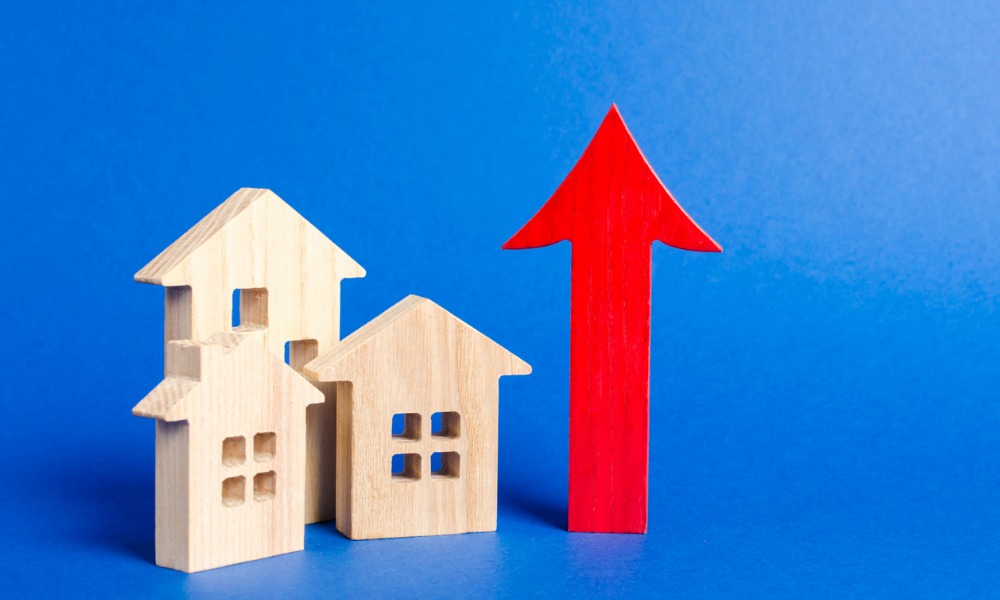Proposed measure to smother scorching demand and raise fiscal revenue won’t go as planned, argue experts

To its supporters, the idea of lifting the principal residence exemption on capital gains taxation is the proverbial one stone to kill two birds. Aside from containing the wildfire of demand that’s burning across the Canadian housing market, it can help fill the pandemic-widened fiscal deficit hanging over the federal government.
But according to Jeremy Kronick and Alexandre Laurin of the C.D. Howe Institute, those scenarios aren’t likely to play out as planned.
“[T]he tax exemption for principal residences significantly lowers the cost of relocating to another owner-occupied home,” the pair wrote in a note published by the institute. “Taxing the capital gains would increase the cost of moving to another home, resulting in some people choosing to stay in their current homes rather than relocate.”
Some homeowners who need to relocate may choose to rent out their current home and become renters themselves elsewhere, the two said, as they may benefit from the fact that owners who rent out their homes are able to deduce mortgage interest and property tax from their income.
“Either way, the capital gains tax would then have a negative impact on supply (new listings), offsetting gains on the demand side,” they said.
The U.S. model – taxing principal residences, but also allowing the deduction of mortgage interest payments and property taxes from taxable income – might be a palatable option, they said, but it would blunt or neutralize the benefit of the principal residence tax. The net supply and demand impact would be muddled as one tax preference is exchange for another, and the fiscal cost of housing deductions would partially or totally offset the additional revenue collected from the new tax.
Offering a high exemption so that only a few people are impacted might be another way to sugarcoat the capital gains tax on principal residences. But aside from adding another provision to an already-complicated tax system, such an exemption would concentrate demand at the bottom end of the housing market, which means buyers within that segment would still face affordability challenges.
“[Most homeowners] have not kept track of the cost of home improvements over the years, because they didn’t have to,” the two went on.
The logical upshot is that any suggestion of a capital gains tax on principal residences would have to allow the cost base of existing homes to be adjusted based on their current market value. That means only future capital gains would be taxable, which would put the next generation of homeowners on the losing end.
“The reality is that taxing the gains on principal residences is unlikely to make housing more affordable,” the two said. “Even a more realistic proposal for taxing those gains, allowing US-style deductions, would still have an ambiguous impact on prices and likely not raise any new net tax revenues.”



